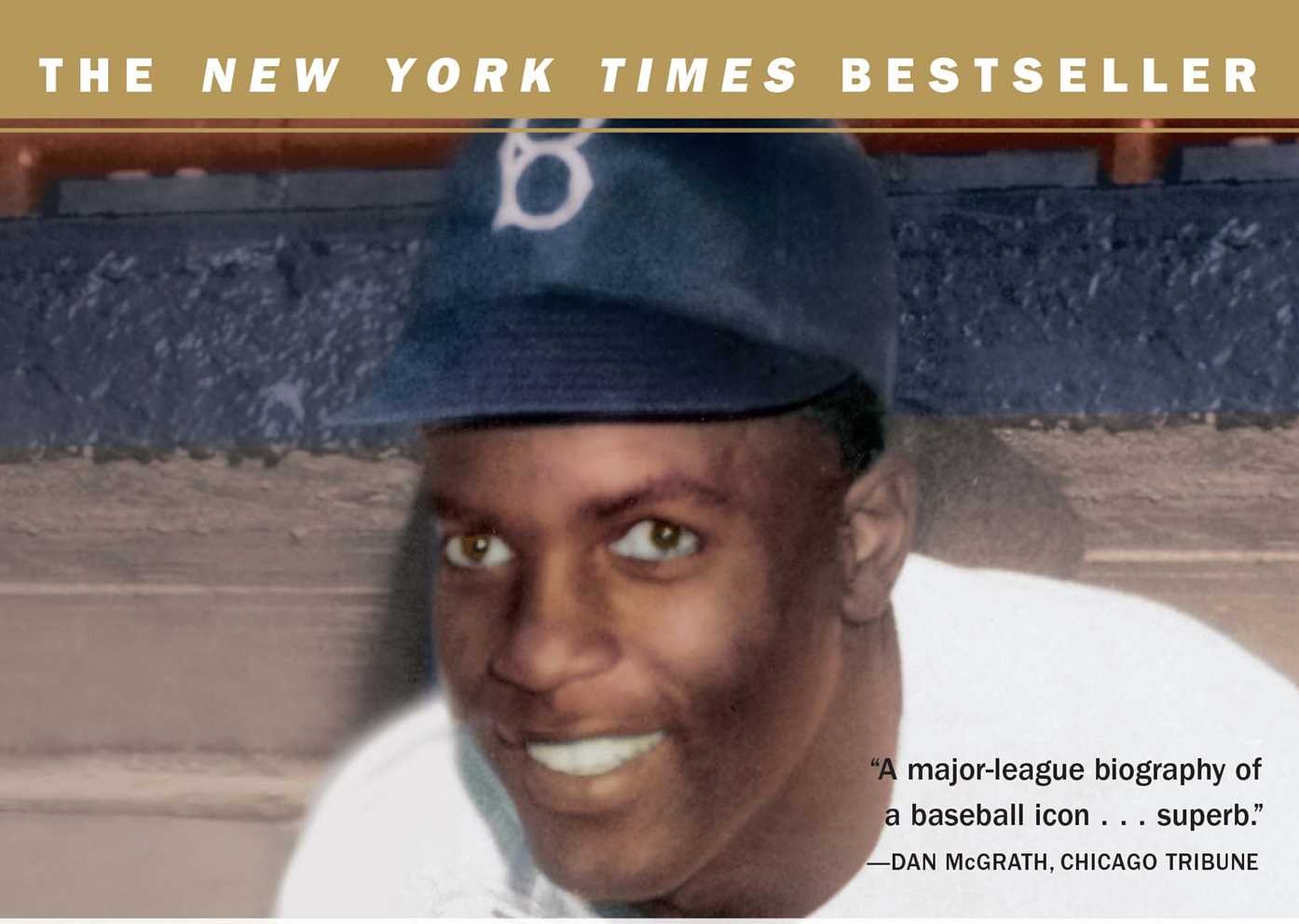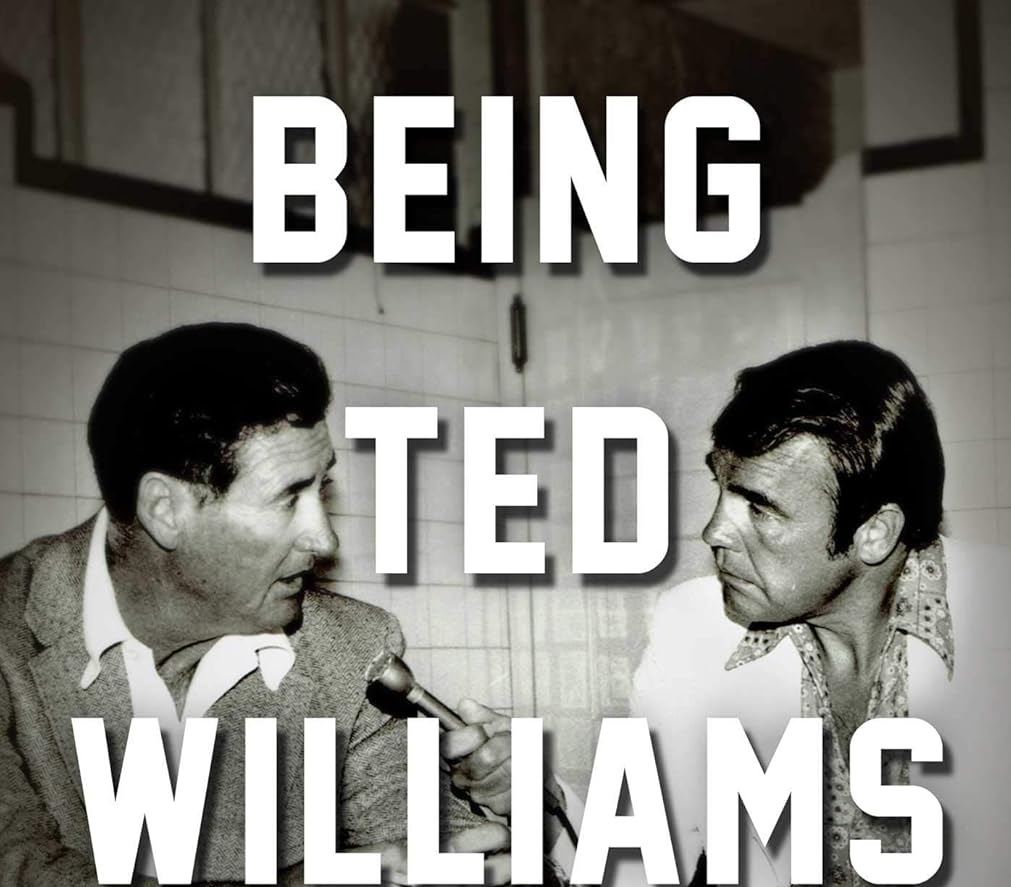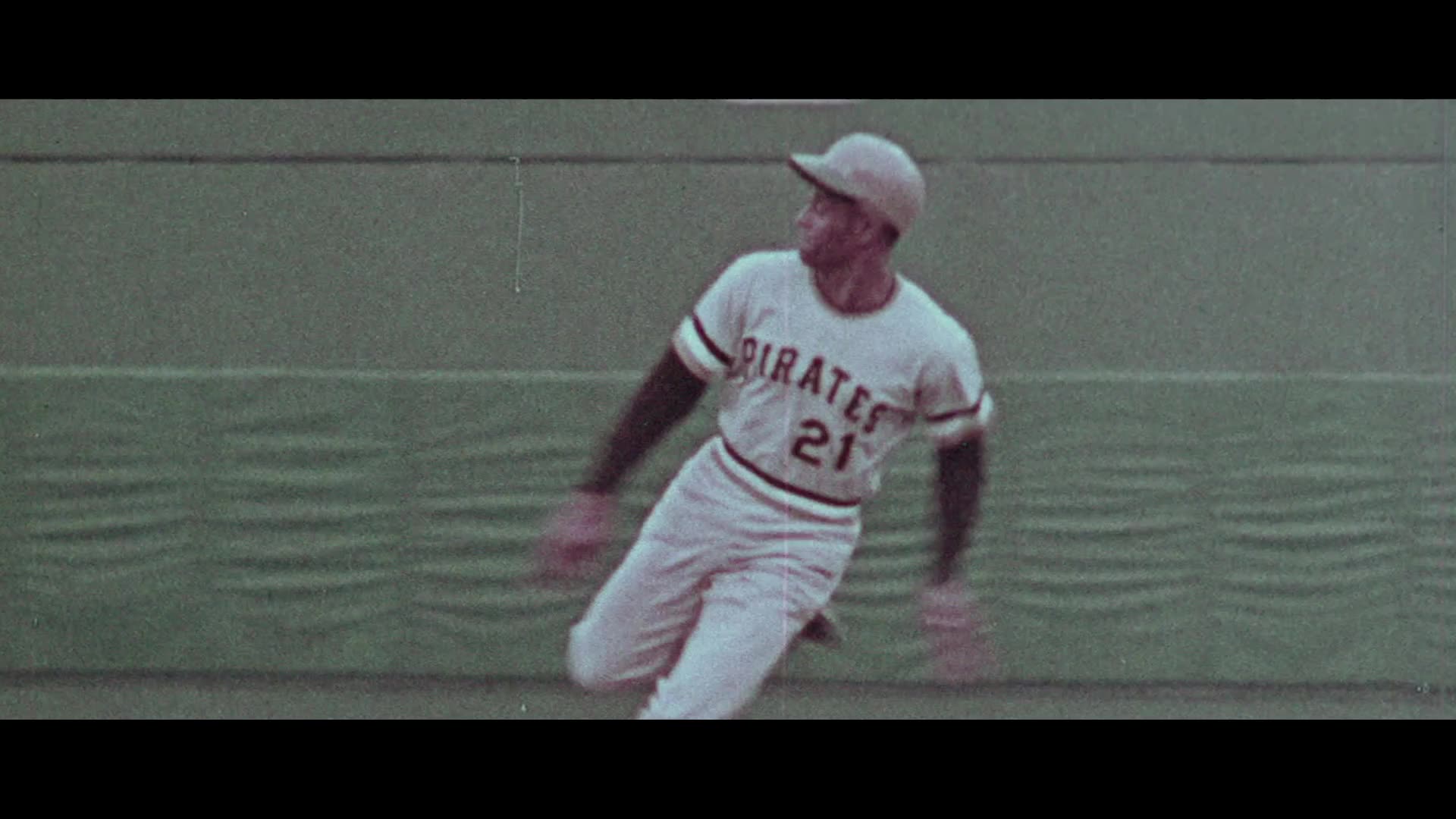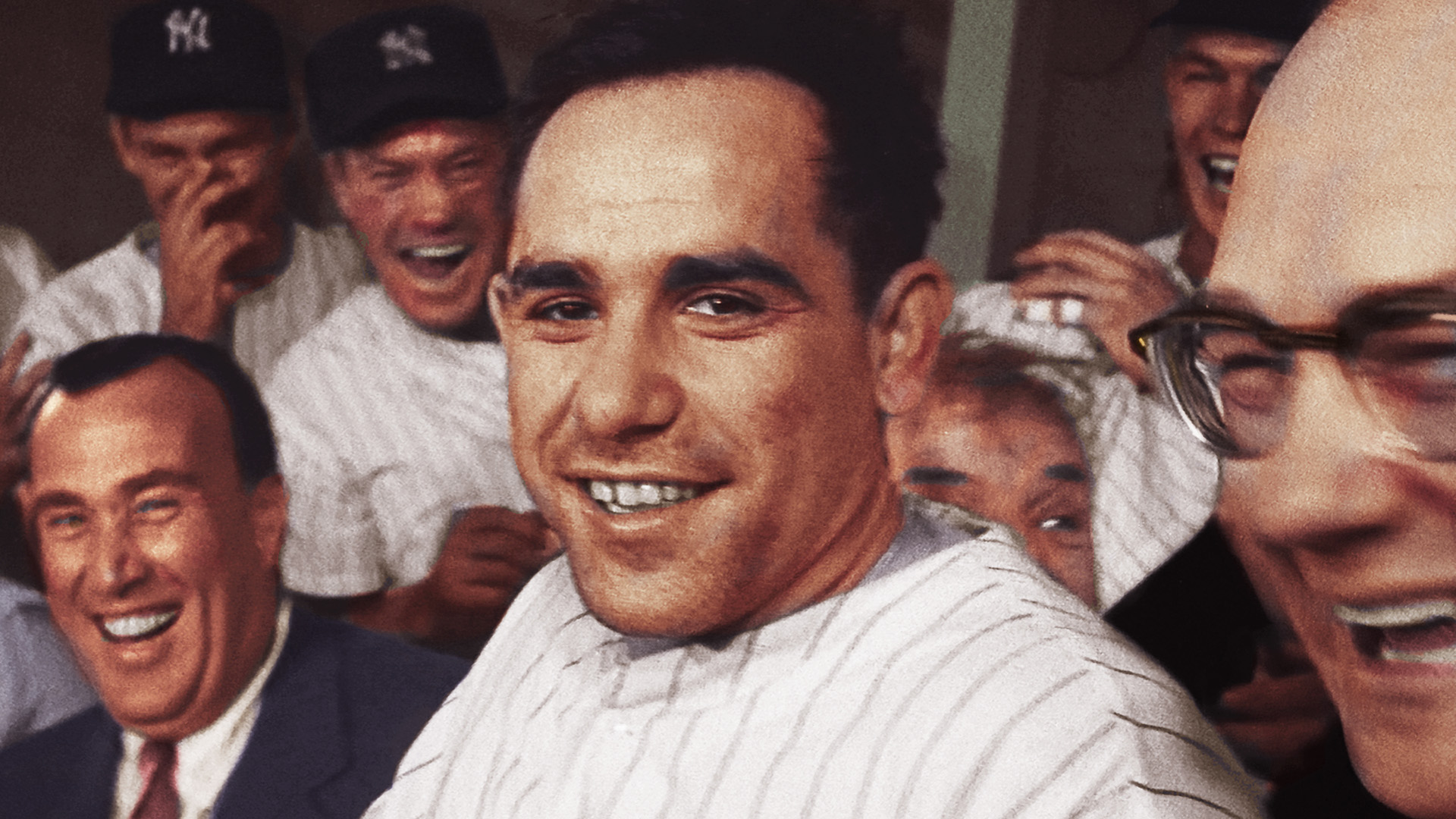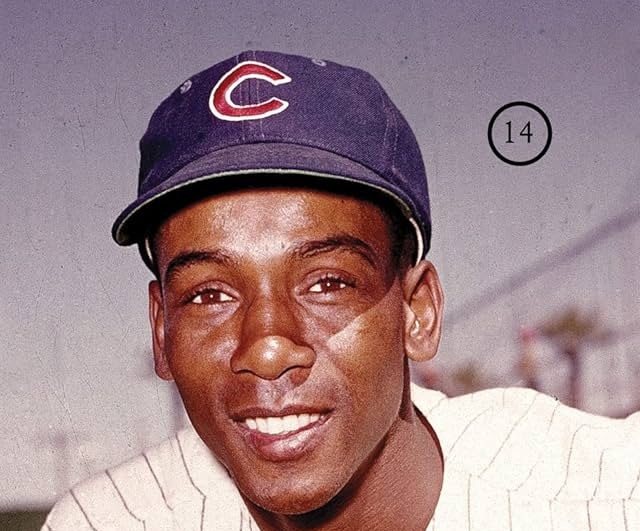
Ernie Banks: Mr. Cub and the Summer of ’69, an unauthorized biography by Phil Rogers, was published by Triumph Books in 2011.
Originally published January 31, 2014 at Fansided Radio:
January 31st is a great day to be a Hall of Famer as it marks the birthdays of Jackie Robinson, Ernie Banks, and Nolan Ryan. In today’s two-days delayed edition of Dugout Dirt, I take a look at Phil Rogers’ 2011 book, Ernie Banks: Mr. Cub and the Summer of ’69, published by Triumph Books in 2011. It’s one of many biographies that have been published by Triumph Books on members of the Baseball Hall of Fame.
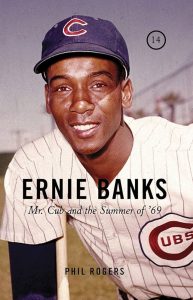
With a nickname of Mr. Cub, Banks is the most iconic player to have worn a Chicago Cubs uniform. Rogers writes of Banks’ time with the Cubs, who his favorite teammates were, and that one regret in his life.
Banks grew up in Dallas and while his life growing up there is touched upon, I feel that we are not getting the complete package of the life that Banks lived. Rogers had access to Banks in writing and researching this book but at the same time, it’s an unauthorized biography. That’s not to take anything away from the book but I feel that it would have been better not to have spent so much of a focus on the 1969 season–the closest Banks would ever get to a World Series.
Rogers shares Banks’ experience of growing up picking cotton in Texas before turning his attention to baseball in high school. There’s also his thought on the trade that sent his roommate, Lou Brock, to the St. Louis Cardinals. Speaking of which, the Cardinals scouted Banks and while Cool Papa Bell had recommended him, they passed.
Here’s where the book turns focus away from Banks: the mini-bios of should-be-Hall-of-Famer Buck O’Neill, Cubs manager Leo Durocher, and Cubs owner Phil Wrigley. Anyone that knows baseball knows who these people are.
Rogers devotes chapters to each month of the season in between chapters devoted to Banks’ life. These chapters look at both the highs and lows of the 1969 season. After Banks retired at the end of the 1971 season, he became an ambassador for the Cubs.
Throughout his playing career, Banks displayed perseverance and determination. The bio does display new light on what Banks did both on and off the field since retiring. While it’s a comprehensive biography–the first such one since Banks’ autobiography came out 40 years ago–it does not feel like the complete package of the Cubs legend. I would have been just as satisfied reading a book on Banks that didn’t focus mainly on the 1969 season.
Discover more from Dugout Dirt
Subscribe to get the latest posts sent to your email.

